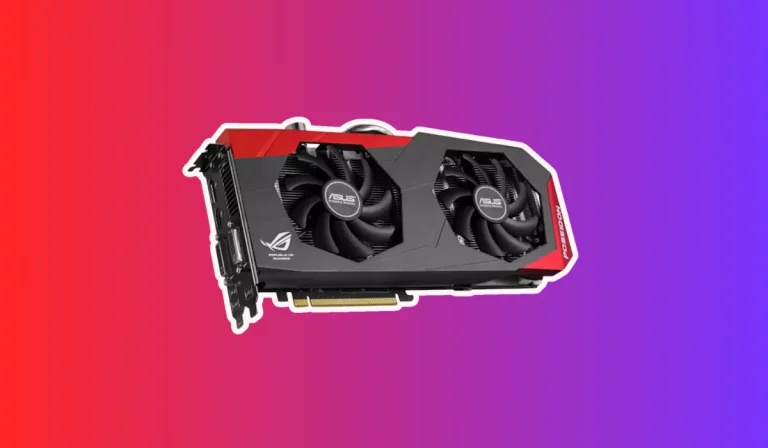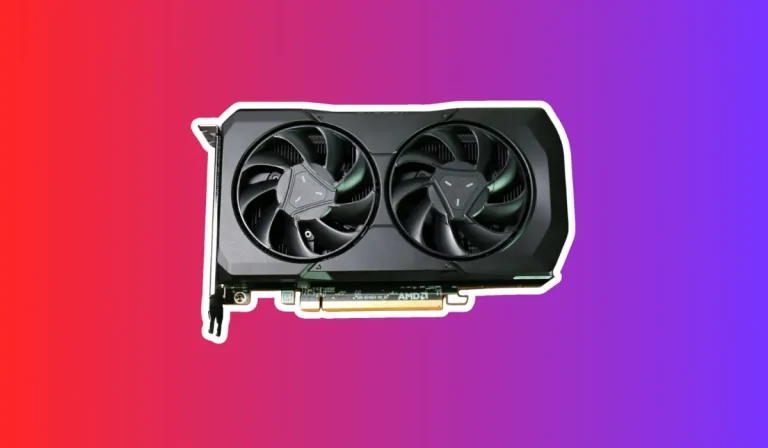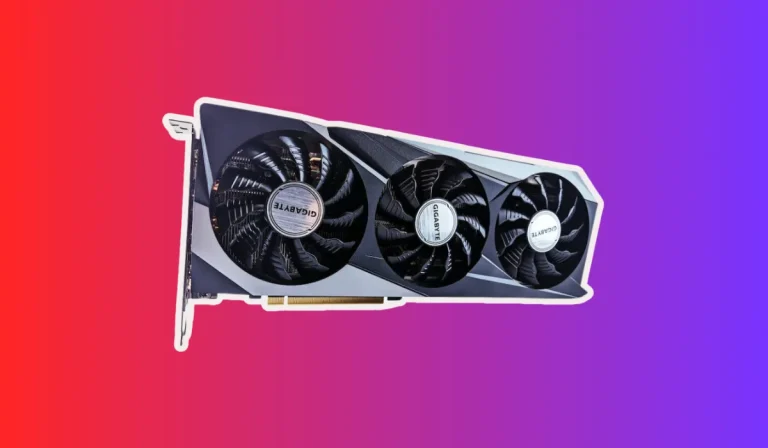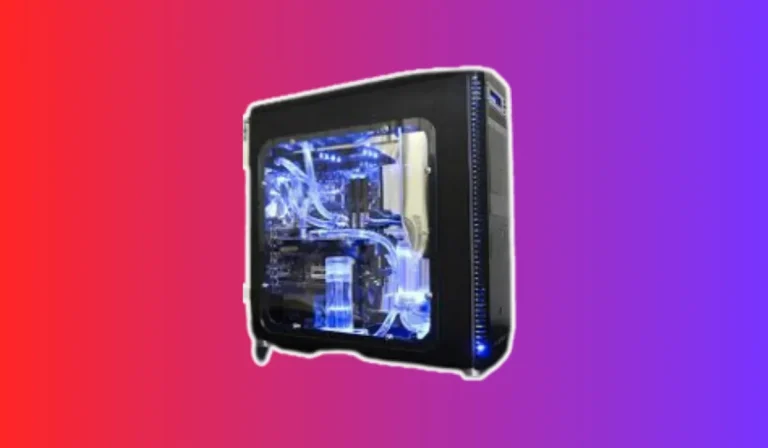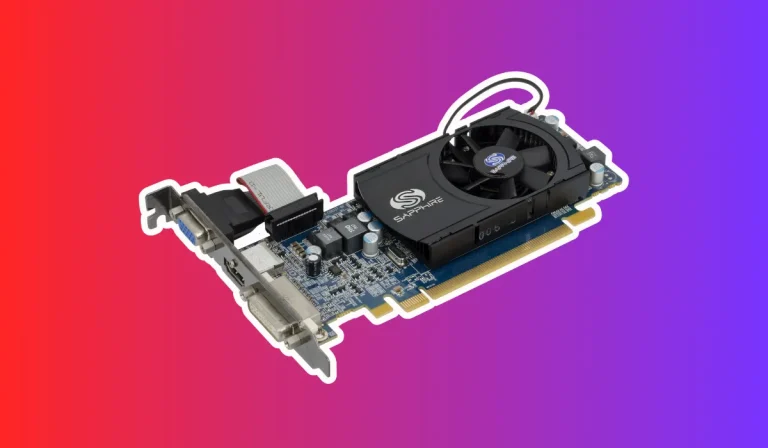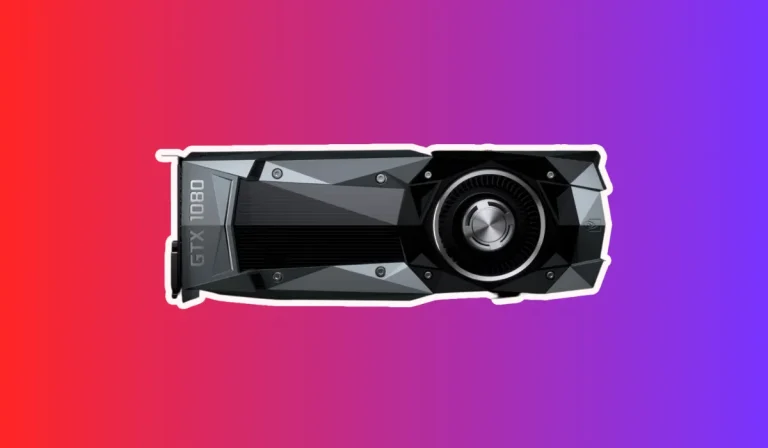Is the Ryzen Stock Cooler Worth It?
Picture this: you’re working on your computer, engrossed in a project, when suddenly, your system starts overheating, causing slowdowns and potential damage. That’s where CPU cooling comes in. We’ll look into the importance of keeping your processor cool and how the Ryzen stock cooler, the go-to cooling solution for Ryzen processors, can save the day.
Performance Evaluation
When it comes to CPU cooling, performance is a crucial factor to consider. So, how does the Ryzen stock cooler fare in this department? Let’s evaluate its cooling efficiency and determine if it lives up to expectations.
Thermal Performance Analysis
To assess the Ryzen stock cooler’s thermal performance, we examined its ability to keep the processor temperature within safe limits under various conditions. Our tests revealed that the stock cooler performs admirably, effectively dissipating heat and preventing the CPU from overheating during typical usage scenarios.
However, under heavy workloads or when overclocking, it may struggle to maintain lower temperatures compared to more robust aftermarket coolers.
Comparison with Third-Party Cooling Solutions
We also compared the cooling efficiency of the Ryzen stock cooler with some popular third-party cooling solutions available in the market. While aftermarket coolers tend to outperform the stock cooler in terms of thermal management, the Ryzen stock cooler still holds its ground for most everyday tasks and moderate workloads.
It’s worth noting that if you’re planning to push your Ryzen processor to its limits with demanding tasks or heavy overclocking, investing in a higher-end cooler might be a wise choice.
Benchmark Results and Real-World Performance
To gauge the real-world impact of the Ryzen stock cooler’s performance, we conducted benchmark tests using a range of applications and workloads. The results showed that under normal usage conditions, the stock cooler provided adequate cooling, allowing the processor to perform optimally without any noticeable throttling.
However, in more demanding scenarios, such as rendering complex 3D graphics or running resource-intensive applications, the stock cooler’s limitations become more apparent, potentially leading to increased CPU temperatures and slight performance degradation.
Noise Levels and Acoustic Performance
When it comes to choosing a CPU cooler, noise levels and acoustic performance play a significant role. Let’s explore how the Ryzen stock cooler fares in terms of keeping your system quiet and maintaining a peaceful computing environment.
Examination of Noise Levels
The Ryzen stock cooler is designed to strike a balance between thermal performance and noise reduction. During our testing, we measured the noise levels produced by the stock cooler under different workloads.
We found that under normal operating conditions, the stock cooler operates quietly, providing a pleasant computing experience without any distracting or intrusive noise. However, under heavy loads or when the processor is pushed to its limits, the stock cooler may generate slightly more noise compared to some higher-end aftermarket coolers.
Acoustic Performance in Different Usage Scenarios
To evaluate the acoustic performance of the Ryzen stock cooler, we considered its ability to maintain low noise levels during various usage scenarios. During everyday tasks such as web browsing, document editing, or light gaming, the stock cooler operates silently, hardly noticeable to the user.
However, during intensive tasks like rendering complex animations or running demanding software, the fan speed may increase, resulting in a slightly audible noise. While the noise level remains within acceptable limits, users seeking an absolutely silent environment might opt for a more advanced cooling solution.
Comparison with Aftermarket Coolers
When comparing the noise levels of the Ryzen stock cooler with aftermarket cooling solutions, it’s important to note that higher-end coolers often come equipped with larger fans, advanced noise-dampening technologies, or even liquid cooling options, resulting in quieter operation.
If noise reduction is a top priority for you, investing in a premium cooler might be worth considering, especially if you frequently engage in tasks that require sustained high CPU usage.
Cooling Capacity and Heat Dissipation
The cooling capacity and heat dissipation capabilities of a CPU cooler are crucial for maintaining optimal performance and preventing overheating. Let’s delve into how the Ryzen stock cooler performs in terms of cooling capacity and efficient heat dissipation.
Cooling Efficiency Analysis
The Ryzen stock cooler is designed to efficiently cool Ryzen processors under typical usage conditions. It comes equipped with a sizeable heatsink and a fan that works in conjunction to dissipate heat generated by the CPU.
Our evaluation revealed that the stock cooler does a commendable job of keeping temperatures within safe limits during regular computing tasks, such as web browsing, multimedia consumption, and light gaming. It effectively transfers heat away from the processor, ensuring stable performance without any signs of thermal throttling.
Heat Dissipation Performance
Heat dissipation is a critical aspect of any CPU cooler, as it determines how effectively the cooler can remove heat from the processor. The Ryzen stock cooler utilizes a combination of the heatsink and fan to efficiently dissipate heat.
The heatsink, made of high-quality materials, helps absorb and disperse the heat generated by the CPU, while the fan ensures adequate airflow to carry away the heat. This combination allows for effective heat dissipation, preventing the CPU from reaching dangerous temperature levels.
Limitations and Considerations
While the Ryzen stock cooler performs well for everyday computing tasks, it does have its limitations. When subjected to heavy workloads or overclocking, the stock cooler may struggle to maintain lower temperatures compared to more advanced cooling solutions.
In such scenarios, users who engage in resource-intensive activities, such as video editing or gaming for extended periods, may benefit from considering an aftermarket cooler with higher cooling capacity.
FAQs
1. Q: Is the Ryzen stock cooler sufficient for gaming and other intensive tasks?
Yes, the Ryzen stock cooler can handle gaming and other intensive tasks, but for optimal performance, an aftermarket cooler may be recommended.
2. Q: Does the Ryzen stock cooler support all Ryzen processors?
Yes, the Ryzen stock cooler is designed to be compatible with most Ryzen processors, but it’s always advisable to check the specific processor’s compatibility list.
3. Q: Can I overclock my Ryzen CPU with the stock cooler?
While the stock cooler can handle mild overclocking, for more aggressive overclocks, it is advisable to invest in a higher-end cooling solution.
4. Q: Does the Ryzen stock cooler require any additional installation accessories?
No, the Ryzen stock cooler comes with all the necessary installation accessories, making it easy to install on compatible motherboards.
5. Q: Will using an aftermarket cooler void my warranty?
Using an aftermarket cooler typically does not void the warranty, as long as the installation is done correctly and does not cause any damage to the processor or motherboard.
Conclusion
In the realm of cooling solutions, the Ryzen stock cooler proves itself to be a reliable option for most users. It offers satisfactory cooling performance, operates quietly, and is cost-effective. While it may struggle under heavy workloads or extreme overclocking, it remains a suitable choice for everyday computing tasks.
For those seeking enhanced cooling performance, exploring aftermarket coolers can provide better results.

